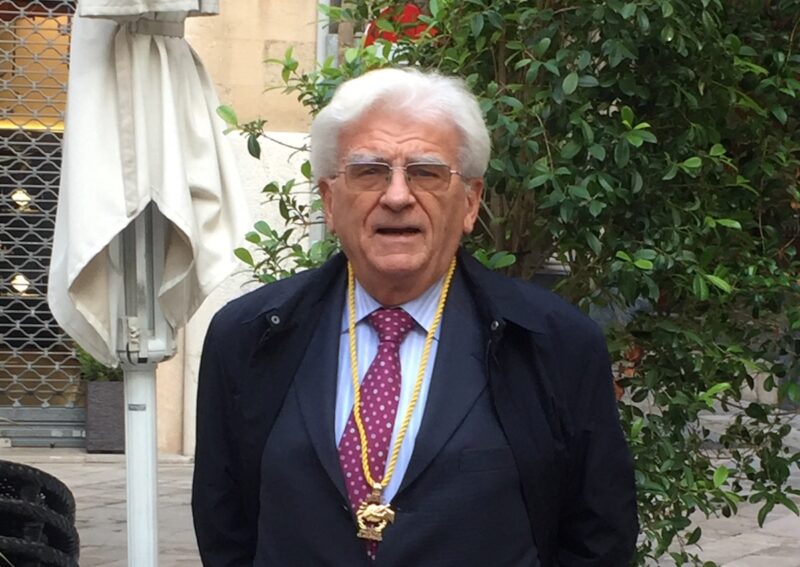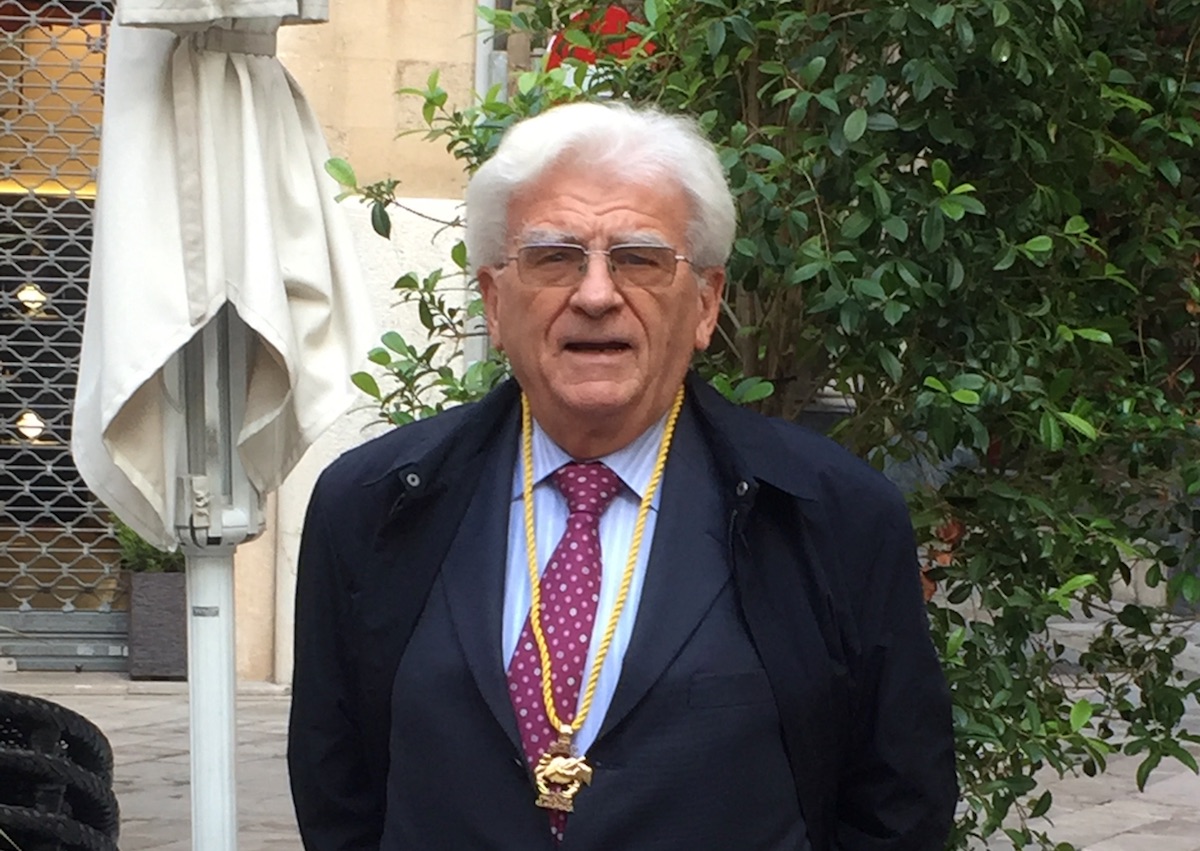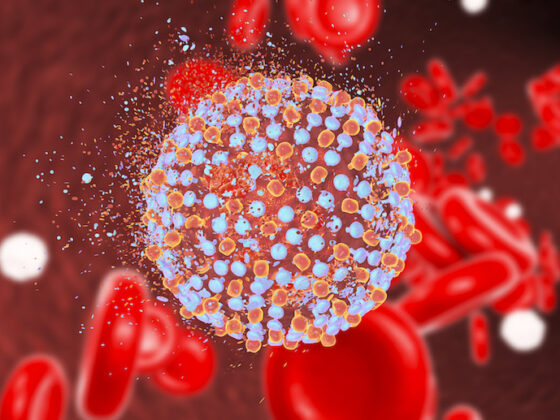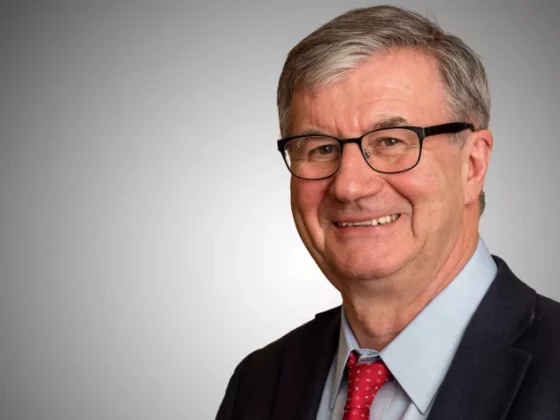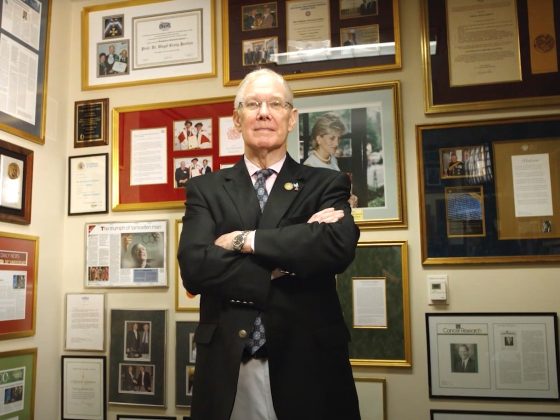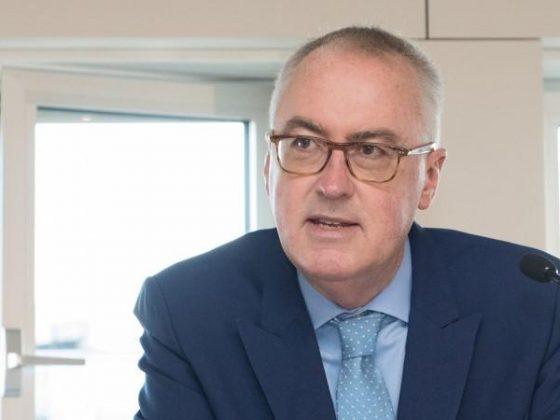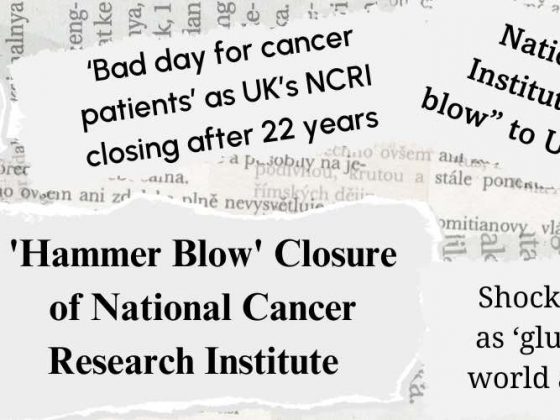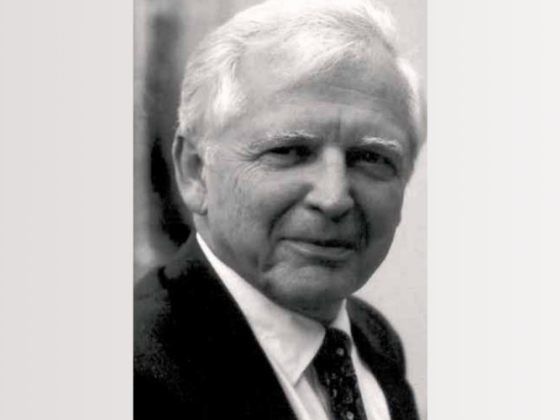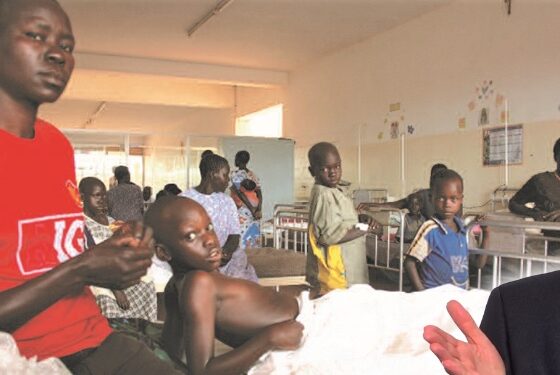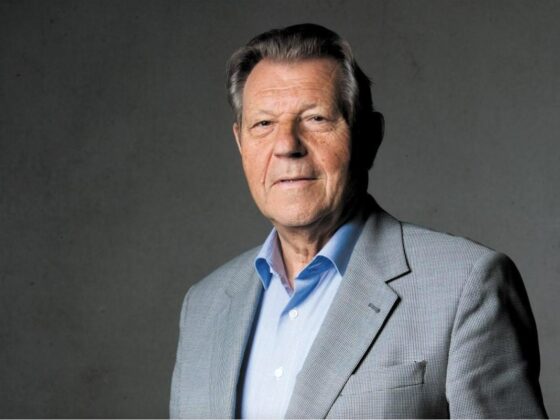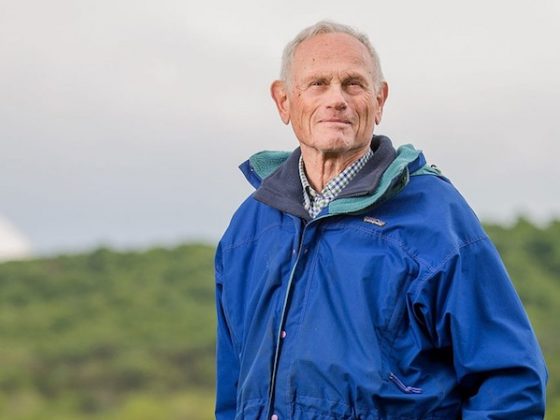 It is not possible!
It is not possible!
Alfredo has passed away, he has not been able to overcome the attack of the damn virus that devastates lives and feelings.
I try to control my memories, my friendship with him and the enormous gratitude for everything he did and I will try to reflect the example of his life and the extraordinary contribution he made to Surgery and Oncology in our country.
Alfredo was born in Madrid in 1931 into a family dedicated to medicine, which was to mark the course of his professional life.
He was the grandson of Dr. José Goyanes Capdevilla, extraordinary surgeon and humanist, founder of the National Cancer Institute and the Spanish League against Cancer. He was the son of Dr. José Die y Mas, who guided him and his first steps in surgery, instilling in him the basic principles of being a doctor.
In 1964 he obtained a Fullbright Scholarship and he moved with his family to the United States. He initially developed his activity at Prince George Hospital in Washington D.C. during six months, and later at the Memorial Sloan-Kettering Cancer Center in New York, where he remained until 1969.
This stage was decisive in his personal life, and in his professional training. He had the satisfaction of having reached a goal to which he always aspired: to train in one of the best Oncology Centers of the moment.
He was trained at a time when Surgery was the most effective weapon against cancer, as there were no other weapons of equal efficacy at that time, although he was fortunate to work in a hospital with an important development of Medical Oncology . This was certainly not a reflection of what happened elsewhere at that time.
He returned to Spain and joined the National Cancer Institute of Madrid as a surgeon until 1973, when he obtained the position of Head of General and Digestive Surgery under the direction of Prof. F. de la Cruz Caro, at the then called “Hospital Universitario Primero de Octubre” of Madrid, and in 1976 he obtained the position of Service Chief in the Department of General and Digestive Surgery at University Hospital Ramón y Cajal, a position he held until his retirement in 1997.
There was a time when surgery was, almost in itself, the key to treating tumors, as no other treatment modalities of similar efficacy existed. Today the fight against cancer is based on a multidisciplinary strategy where surgery is included, a strategy which he significantly contributed to develop. 
At that time, the responsibility for obtaining a good therapeutic outcome in cancer treatment depended largely on the performance of the cancer surgeon, who had to be a good doctor above all.
He had to gather extensive anatomical knowledge and safely master the surgical technique adapted to the knowledge of the time, and perform surgery only after a correct and well thought through indication. The surgeon had to be cautious but brave; have a commitment to the patient during the course of the disease and its complications; have ethical values, and not base his decisions on his presumed technical certainty.
If, in addition to all this, the oncological surgeon was capable of transmitting his knowledge with a sense of teaching, stimulating the training of his collaborators towards the knowledge of oncology, and adopting flexible positions and open-mindedness to favor the development of oncology, we will have the ideal oncological surgeon. But does somebody like this exist? We have just described Dr. Alfredo Die Goyanes.
He was founder and first President of the Spanish Society of Head and Neck Surgeons, of the Spanish Society of Surgical Oncology (SEOQ), and of the Federation of Spanish Oncology Societies (FESEO).
He was a humble, vital person; a friend of his friends, and an extraordinary father.
His death leaves a deep sadness among his family and friends, but his legacy remains among his innumerable disciples scattered throughout Spain, who bear the stamp of his training and his “surgical genetics”. To some extent Alfredo remains, he has not gone . Rest in peace.
About the author: Augusto García Villanueva Director of Surgery at the Ramón y Cajal University Hospital and Professor at the University of Alcalá de Henares, Madrid

